e.Go Life 60 FAQs
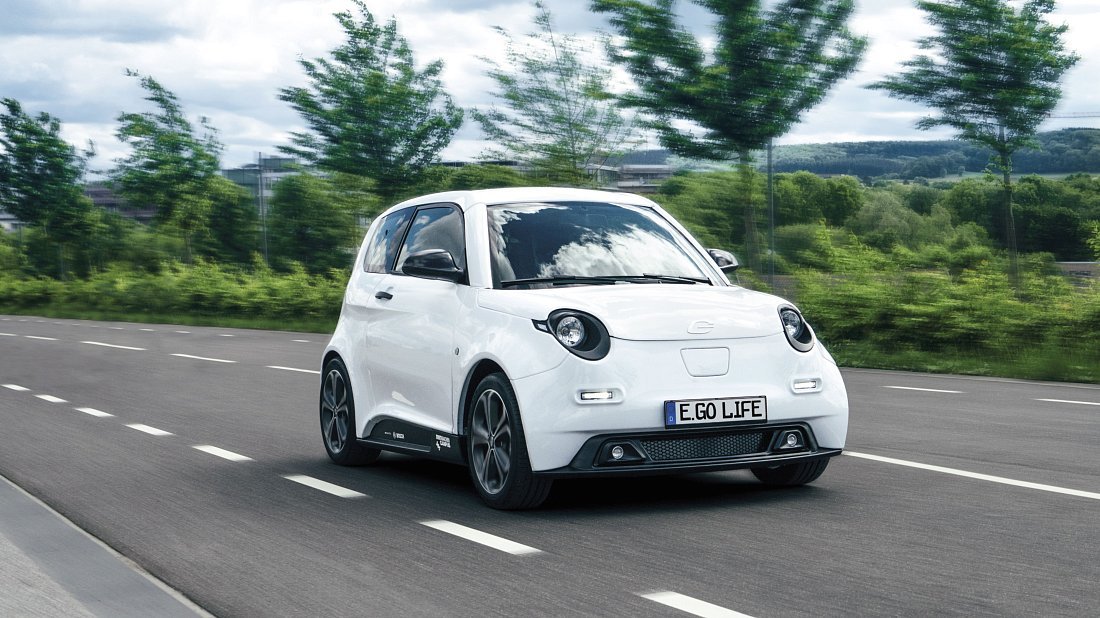
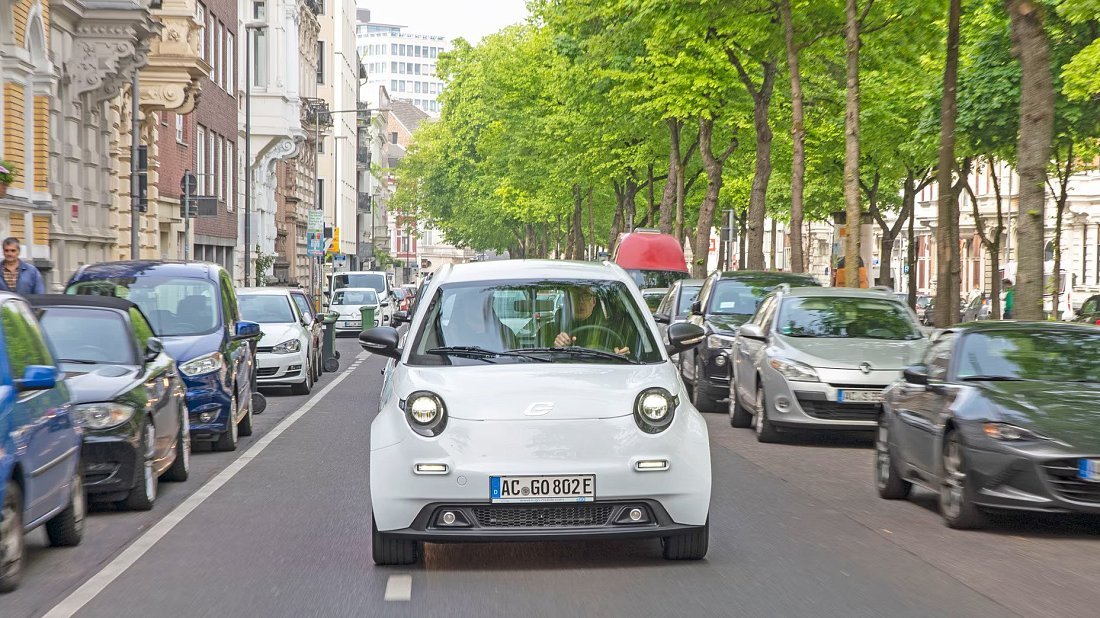
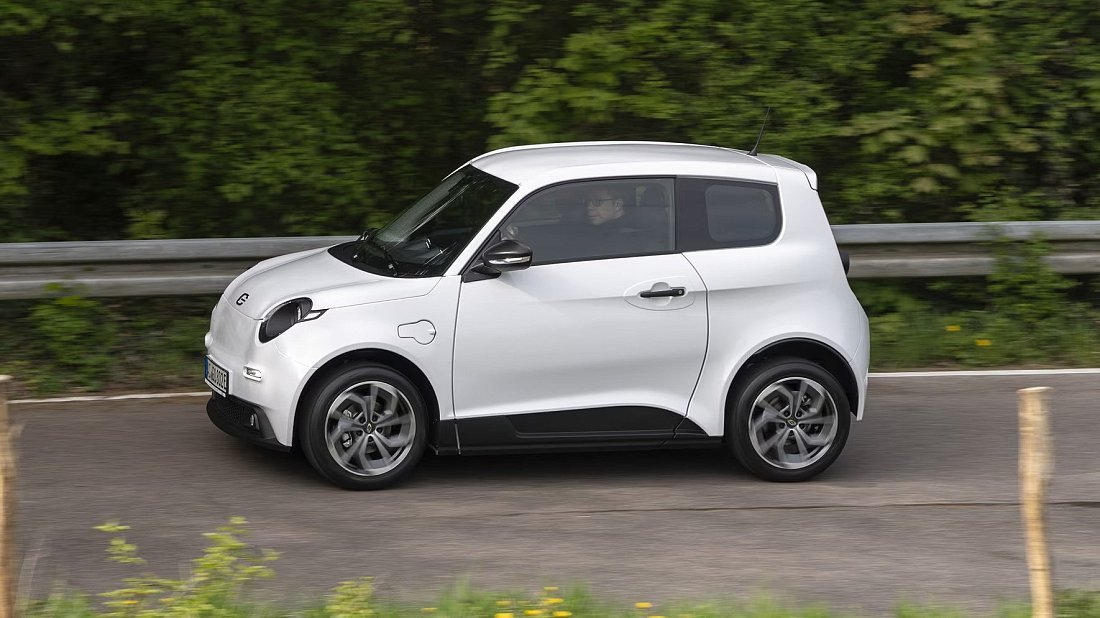
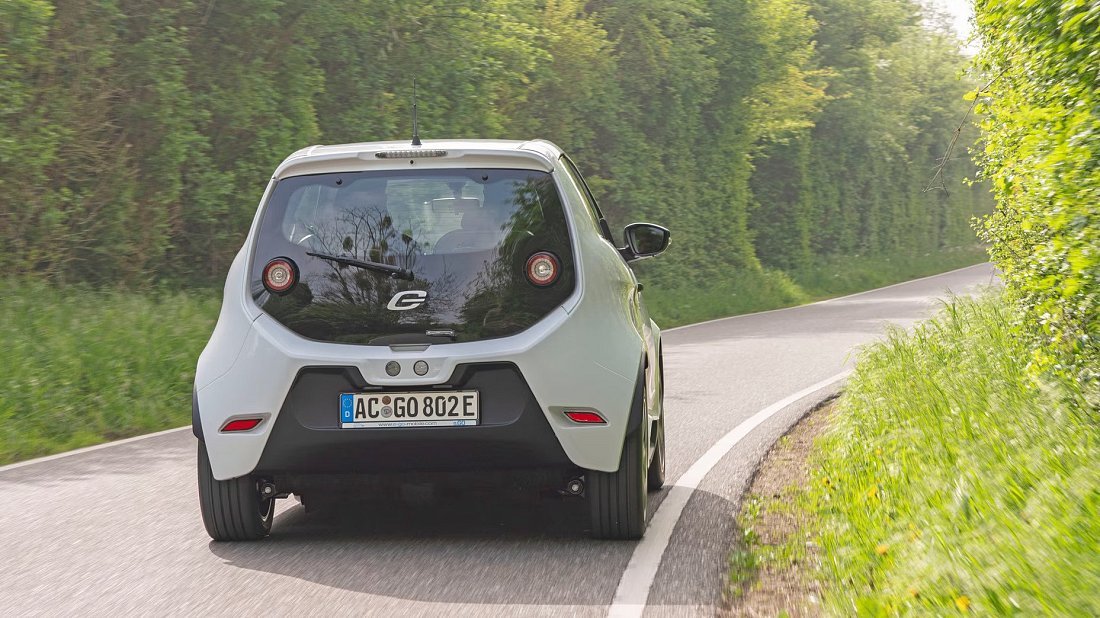
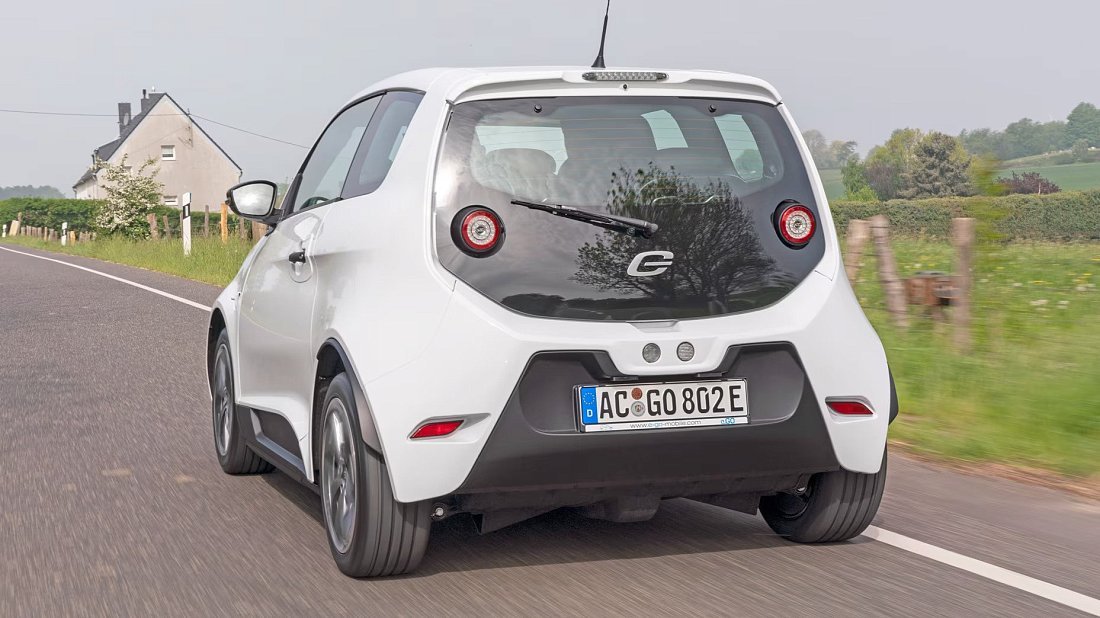
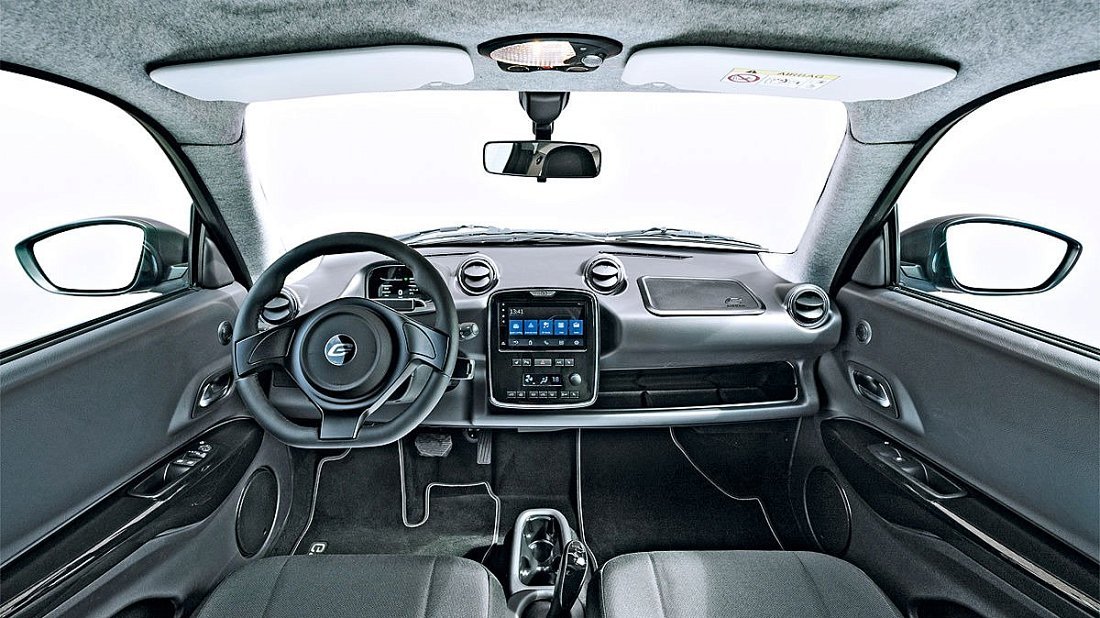
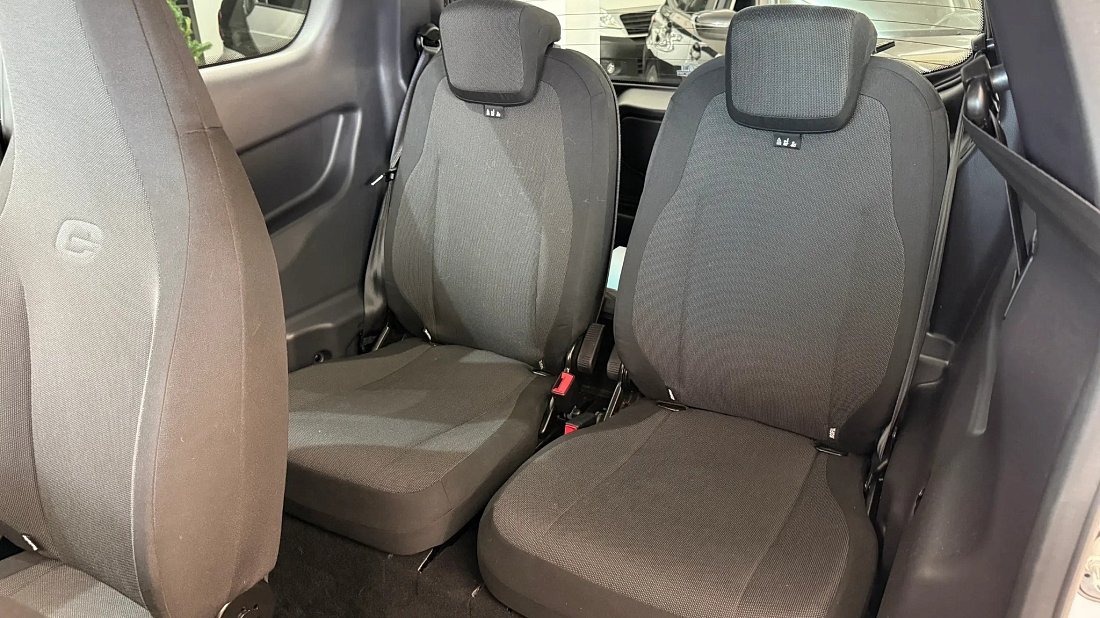
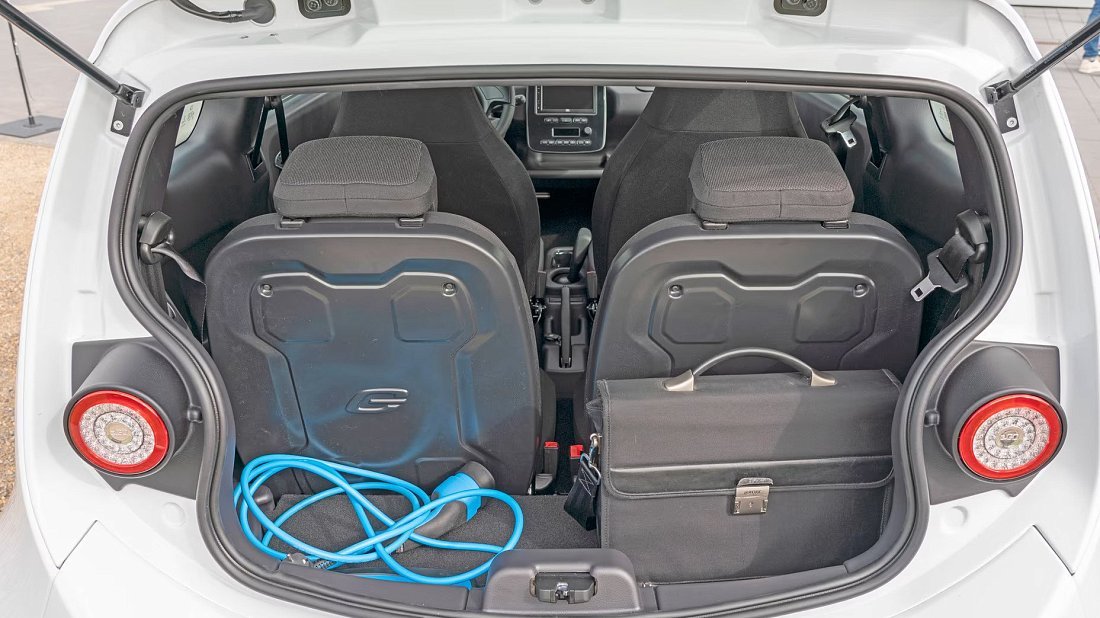
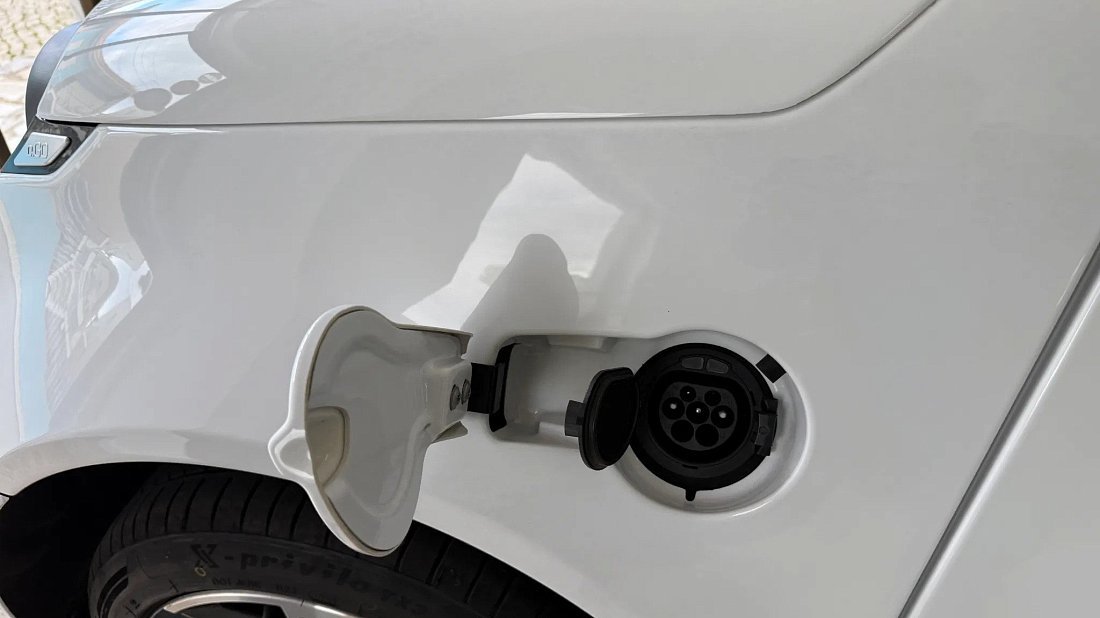
Frequently Asked Questions
The e.Go Life 60 (2019-2022) achieves a 0 to 100 km/h acceleration in 10 seconds (placing it at №82 out of 123 ranked positions, among 979 electric vehicles, with some cars sharing positions) and attains a maximum speed of 142 km/h.
Its powertrain provides a power output of up to 60 kW (80 hp) and a torque of Nm.
e.Go Life 60 (2019-2022) achieves a real-world range of 123 km, placing it at №345 among 359 ranked positions. However, this range is subject to several influences:
- Speed: Traveling at higher speeds reduces battery life.
- Temperature: Extreme cold or hot weather can affect range.
- Terrain: Hilly or mountainous landscapes decrease range.
- Driving habits: Aggressive driving with frequent acceleration and braking consumes more energy.
- Feature usage: Climate control and media systems also influence range.
It's important to acknowledge that these are estimations, and your actual driving range may differ. Consider these factors when planning your trip and be ready for potential charging stops.
Utilize the interactive EV Navigation map for trip planning assistance.
The e.Go Life 60 (2019-2022) in Europe comes with a Type 2 (Mennekes) charging port. It can be charged at home using a standard domestic socket or at any public AC charging station with the compatible cable. It's important to note that the car's on-board charger (inverter) limits the maximum AC charging rate to 3.7 kW, resulting in approximately 18 km of range added per hour of charging.
The car doesn't support DC charging
Use our EV Charging Calculator to estimate charging time, rate, and cost.
The size and weight specifications for e.Go Life 60 (2019-2022) are as follows:
- Length: 3345 mm
- Width: mm (including side mirrors) or 1747 mm (excluding side mirrors)
- Height: 1588 mm
- Wheelbase: 2200 mm (distance between the center of the front and rear wheels)
- Curb weight: 1210 kg (weight of the empty car, no people or cargo)
The rear cargo area of the e.Go Life 60 (2019-2022) provides 140 litres of space when the rear seats are upright (№207 out of 208 ranked positions, among 979 electric vehicles, with some cars sharing positions).
Folding these seats down unlocks a maximum cargo capacity of 640 litres (№206 out of 214 ranked positions, among 979 electric vehicles, with some cars sharing positions).
The car doesn’t have a “frunk” (front trunk).
The car isn’t officially rated for towing.
